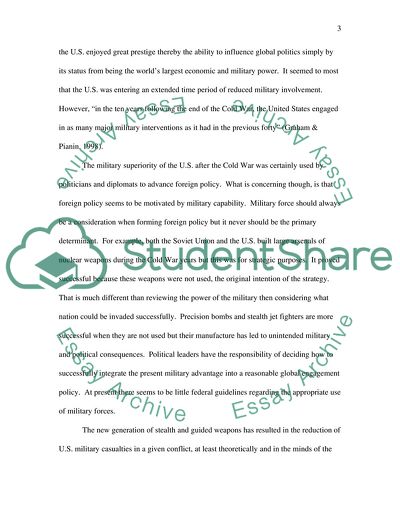Cite this document
(Roles of the Military in Modern Society Assignment, n.d.)
Roles of the Military in Modern Society Assignment. https://studentshare.org/sociology/1705007-roles-of-the-military-in-modern-society
Roles of the Military in Modern Society Assignment. https://studentshare.org/sociology/1705007-roles-of-the-military-in-modern-society
(Roles of the Military in Modern Society Assignment)
Roles of the Military in Modern Society Assignment. https://studentshare.org/sociology/1705007-roles-of-the-military-in-modern-society.
Roles of the Military in Modern Society Assignment. https://studentshare.org/sociology/1705007-roles-of-the-military-in-modern-society.
“Roles of the Military in Modern Society Assignment”. https://studentshare.org/sociology/1705007-roles-of-the-military-in-modern-society.


